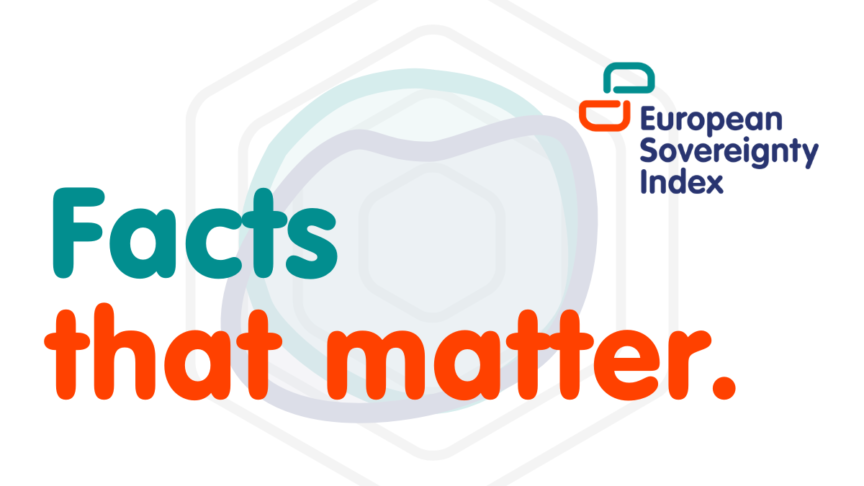
The European Sovereignty Index #FactsThatMatter
How can the EU and member states close the gap between ambition and capability in their quest for European sovereignty?

Senior policy fellow
Public opinion on foreign affairs
English, French, Spanish and Polish
Pawel Zerka is a senior policy fellow at the European Council on Foreign Relations.
As the European Council on Foreign Relations’ lead analyst on public opinion, Pawel Zerka spearheads the organisation’s polling and data research on foreign affairs. His other areas of study include global trade policy, Latin American politics, as well as Poland’s and France’s role in the European Union. Based in the Paris office, Zerka has been part of the ECFR team since 2017, having worked previously as a foreign policy expert in Poland. He holds a PhD in economics and an MA in international relations from the Warsaw School of Economics.

How can the EU and member states close the gap between ambition and capability in their quest for European sovereignty?

The EU can overcome the new challenges it faces and can shape the global order. To achieve this, Europeans will need to improve their joint capacity to act
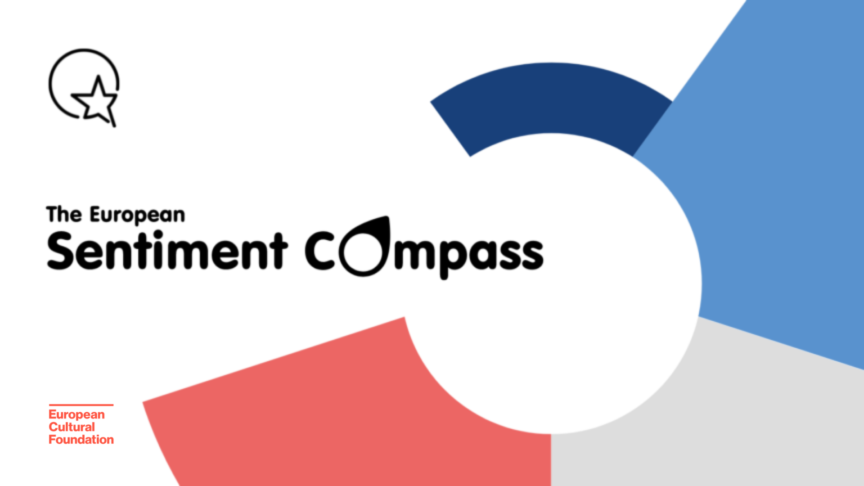
In the wake of pandemic and war, the Sentiment Compass assesses the changing expectations of the EU across its member states. It finds that EU should harness the power of culture and the free media to nurture a stronger European sentiment – helping it to address the major challenges facing the continent
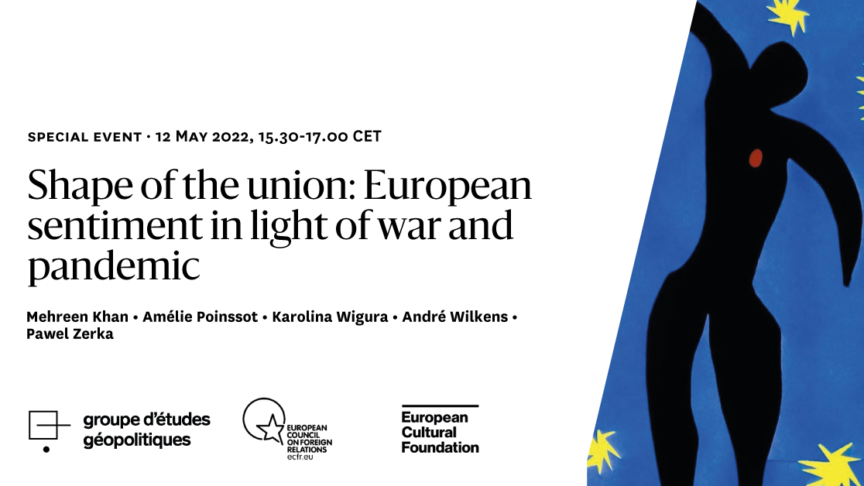
The European Council on Foreign Relations, the European Cultural Foundation and Le Grand Continent are delighted to invite you to a panel discussion dedicated to the key political dilemmas that the EU is facing in the wake of the covid-19 pandemic and Russia’s war in Ukraine
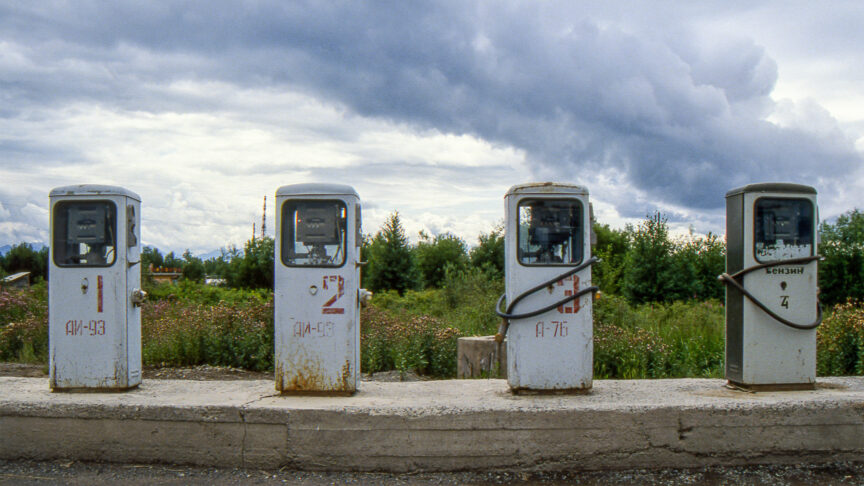
The EU should adopt a phased approach to energy sanctions on Russia. This would be more effective than a rushed embargo and would help preserve European unity
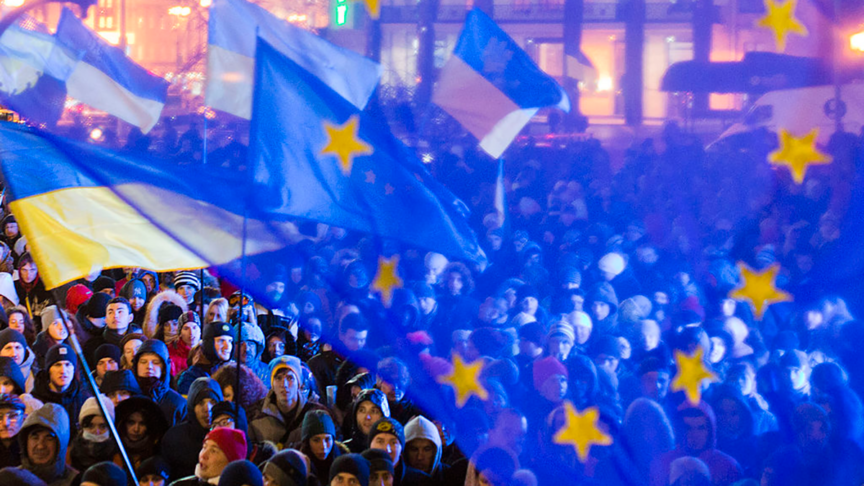
Europe has been united in its solidarity with Ukraine. To ensure this continues, the EU needs to support member states through the challenging times ahead and shield them from actors who may wish to sow discord
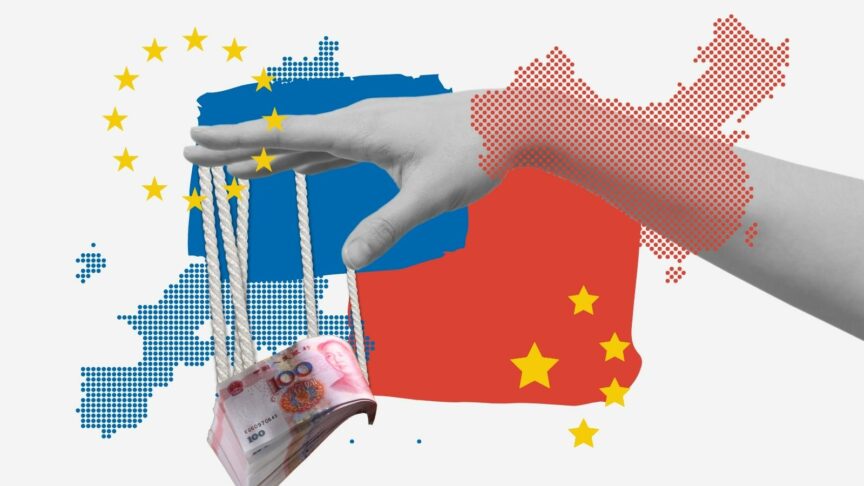
The EU needs to develop an Anti-Coercion Instrument that acts as a powerful economic deterrent, but this alone will not sufficiently protect Europe against economic coercion
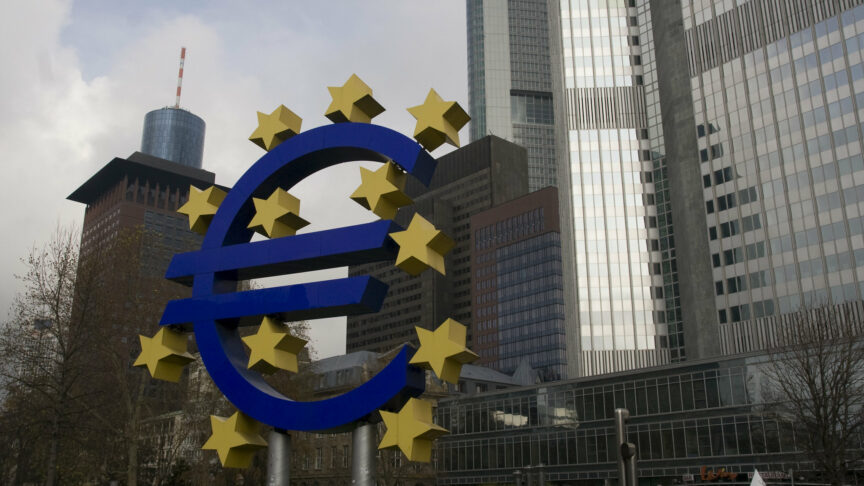
Protectionism is not the answer. European countries must build public support for strategic openness
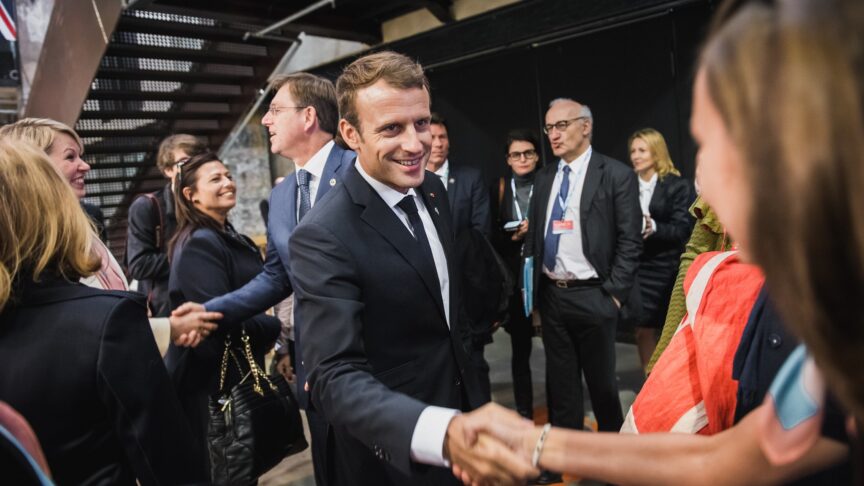
Emmanuel Macron shook French politics from top to bottom. To show he did not bring the house down, he will quickly need to defend his record and reach out to lost voters
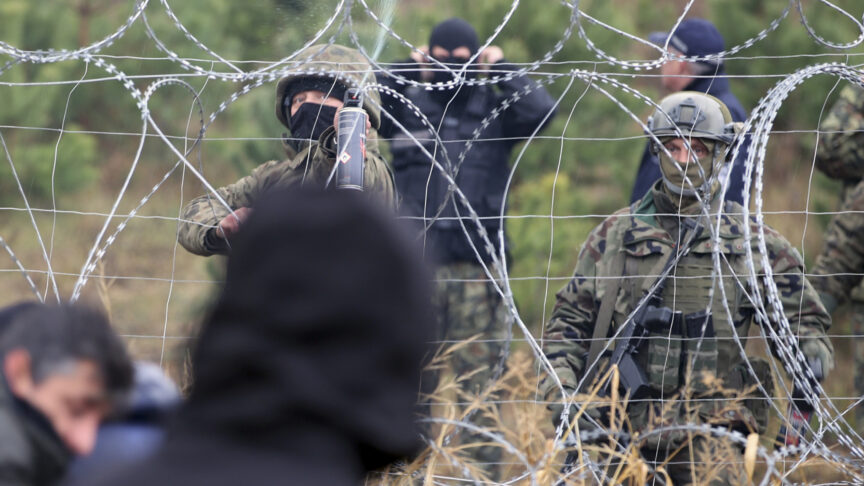
What is coercive engineered migration? And what would be the best way for the EU to respond to Minsk’s tactics?
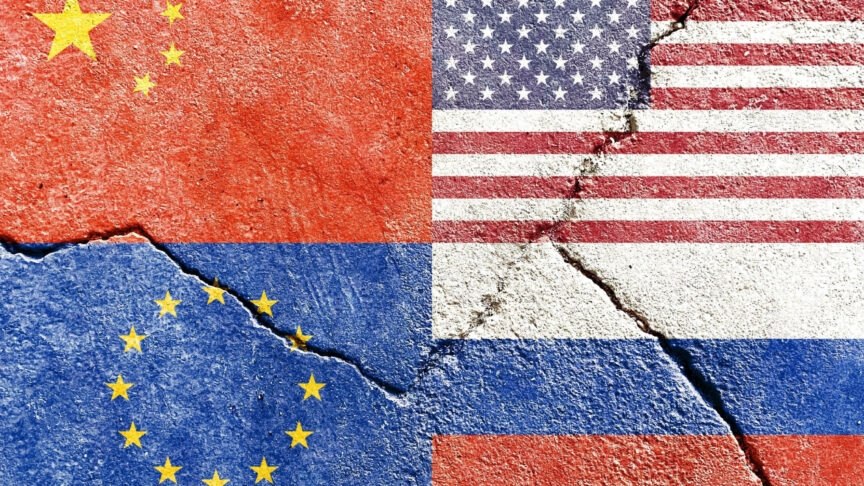
European citizens are adapting slowly to the new geopolitical landscape. But leaders have an opportunity to build public consensus on Europe’s approach to China, the US, and Russia
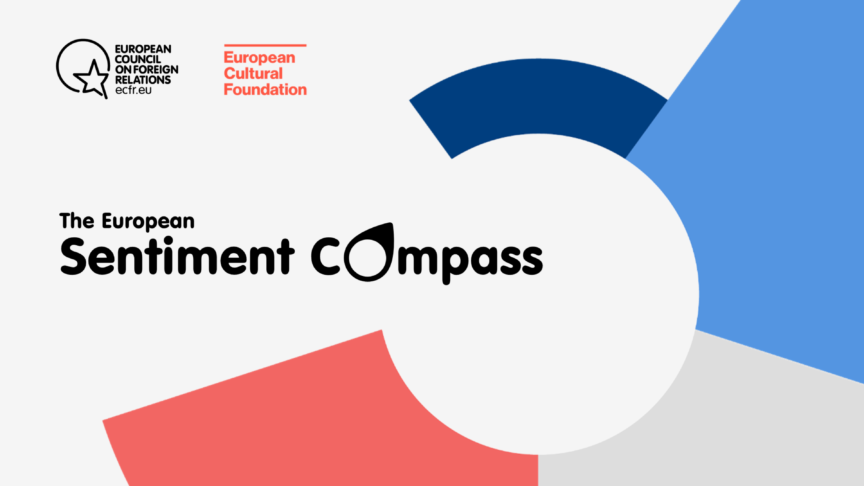
Russia’s war on Ukraine is a test of European values. The way European governments respond is critical for European sentiment, unity, and solidarity with Ukraine

The EU needs to develop an Anti-Coercion Instrument that acts as a powerful economic deterrent, but this alone will not sufficiently protect Europe against economic coercion
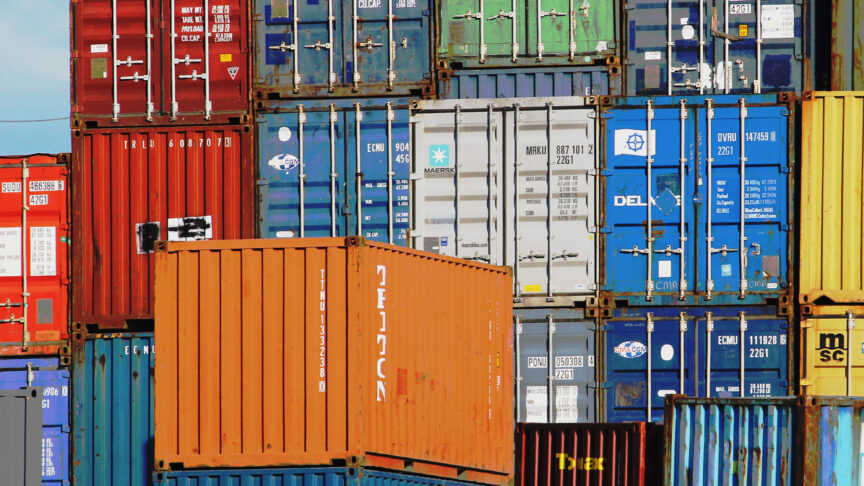
The anti-coercion instrument needs to enable countermeasures that are both effective and credible; if it does not, this could carry more risks than benefits
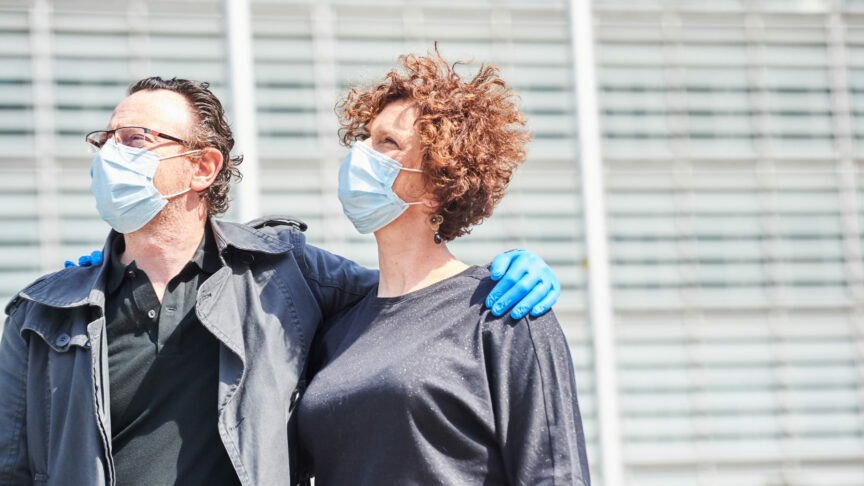
The pandemic poses a threat to European cohesion by increasing economic divides and undermining trust in the EU and national governments
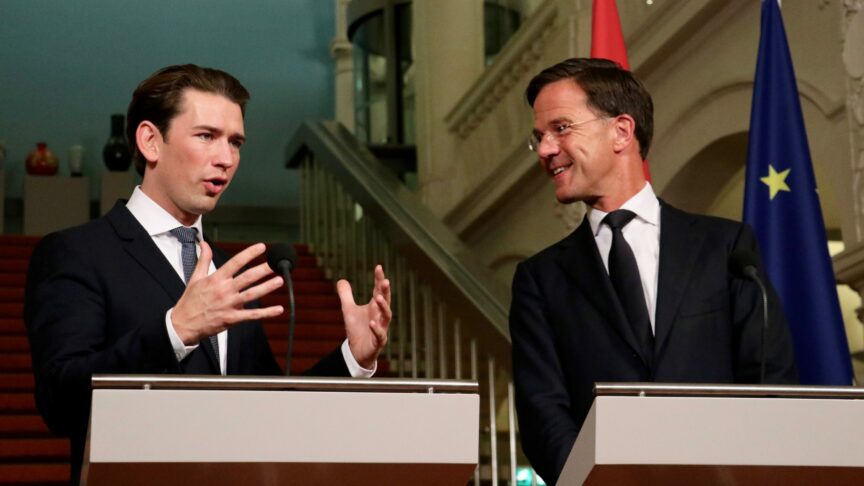
The reputation of Austria, Denmark, Finland, the Netherlands, and Sweden as ‘frugal states’ does not reflect public sentiment in these countries
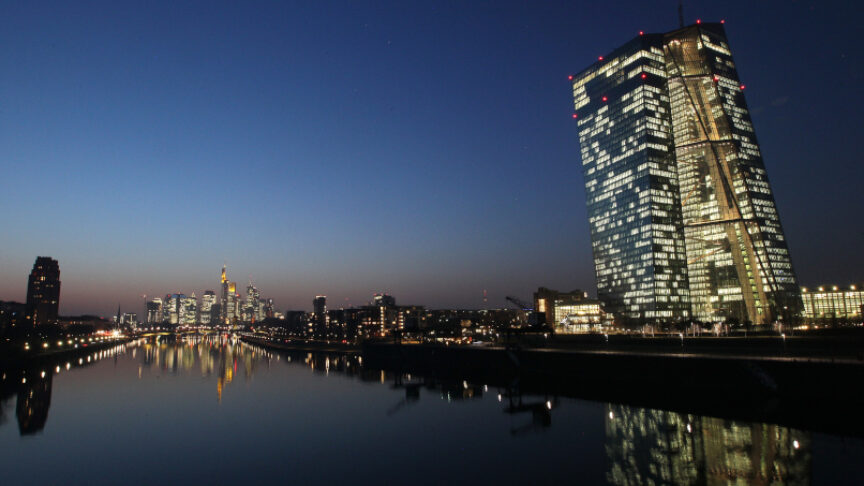
The EU should move quickly to consider and adopt a suite of tools to protect and enhance European sovereignty in the geo-economic sphere
ECFR research into how EU member states and institutions worked together at the height of covid-19 confirms Germany was the bloc’s undisputed crisis leader
A new survey shows that, after the onset of the covid-19 crisis, there has been a rise in public support for unified EU action to tackle global threats
The results of the European election confront EU leaders with a considerable challenge: navigating a new, more fragmented, and polarised political environment
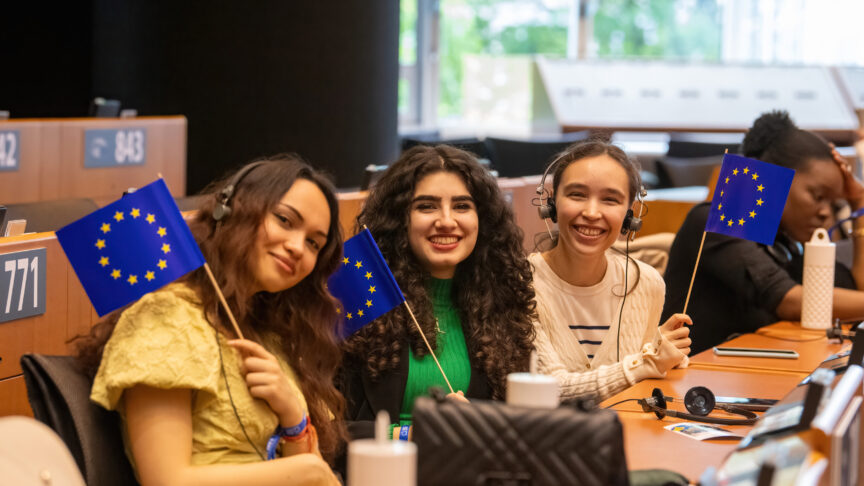
The meaning of the European Parliament election result lies not just in voter intention and turnout, but is also deeply linked with the participation of young Europeans
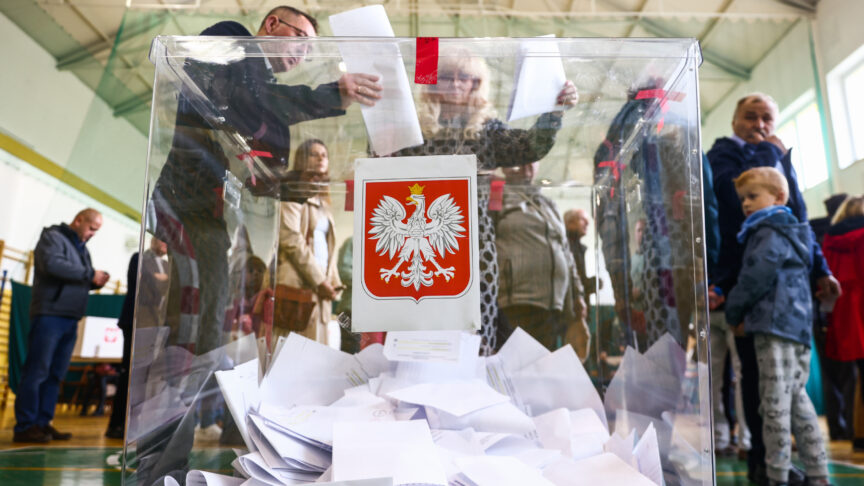
Poland is making its return to Europe – but Warsaw’s partners may still need to be a little patient yet
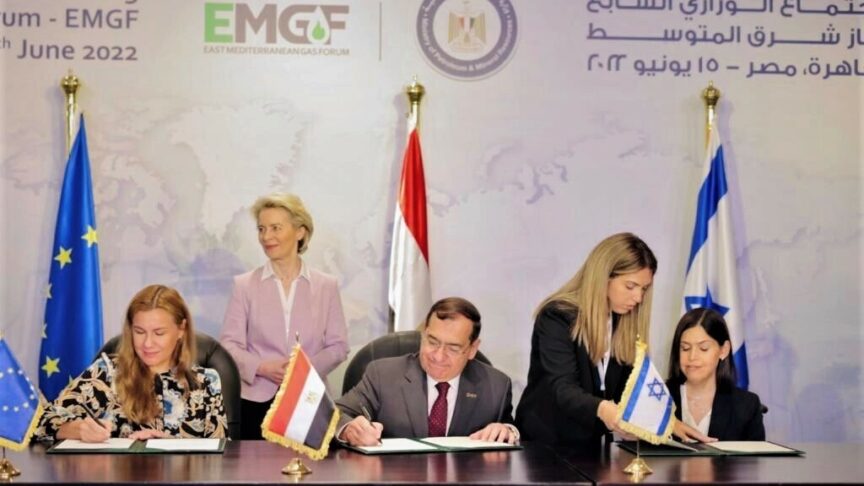
The war in Ukraine has forced Europeans to keep the lights on through adopting a far more strategic approach to their energy security. ECFR’s Energy Deals Tracker has monitored the success of the EU’s energy diversification – and identifies challenges ahead
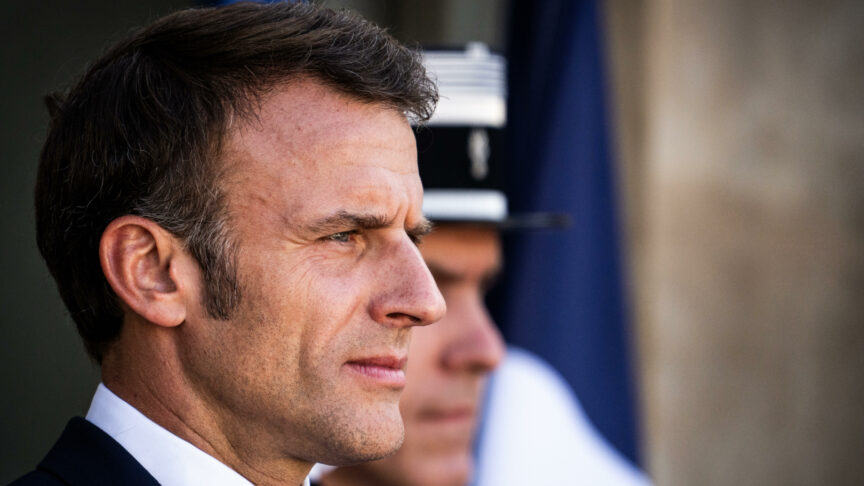
France’s support for EU and NATO enlargement could be transformational for European security. But domestic unrest and sniping by others could undermine French steadfastness on these major questions
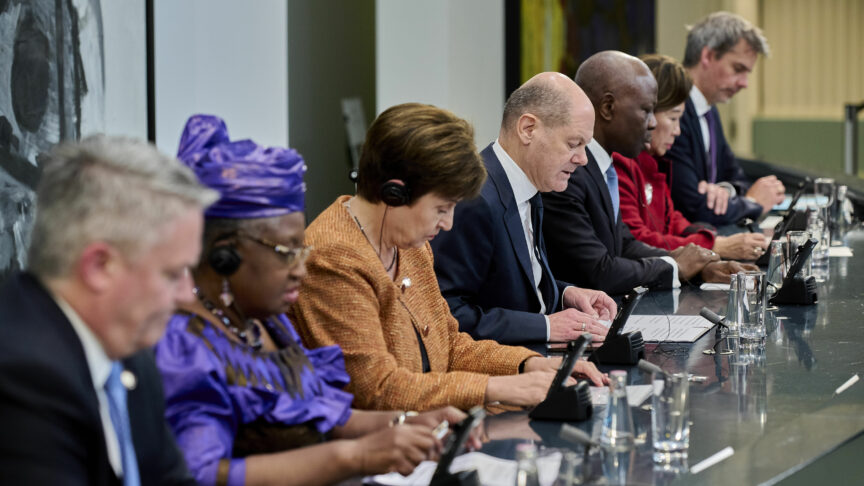
The EU’s use of trade policy in pursuit of its climate goals risks undermining its multilateral credentials and efforts to reform the WTO. To avoid this, it needs to take credible steps to reconcile its trade and climate agendas
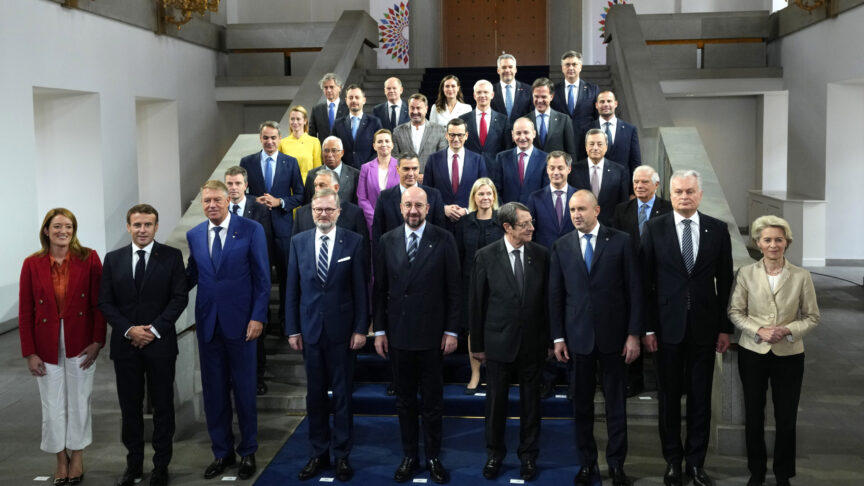
The EU and its member states have taken unprecedented steps to reduce their dependence on Russian energy resources. ECFR’s new EU Energy Deals Tracker documents Europeans’ agreements with new suppliers – and highlights four key lessons for policymakers
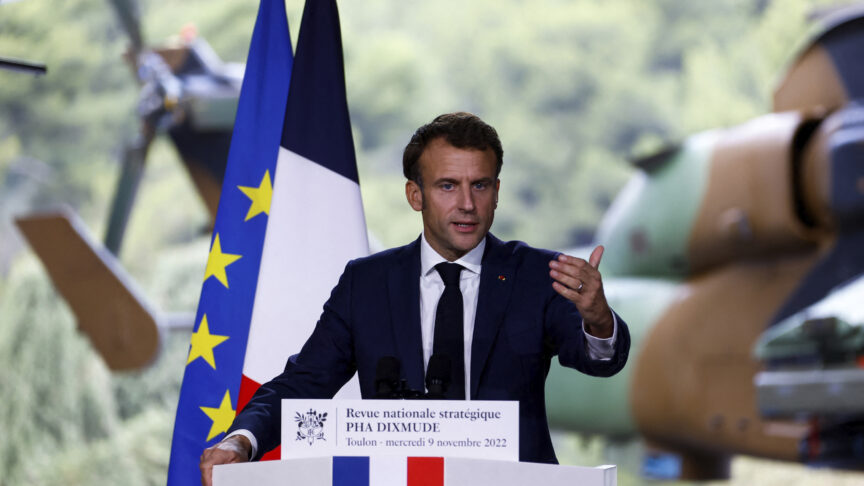
Old stereotypes about France’s position on Russia were not wholly unjustified. But in 2022, Paris’s actions and words merit greater attention from other EU capitals long suspicious of French motives
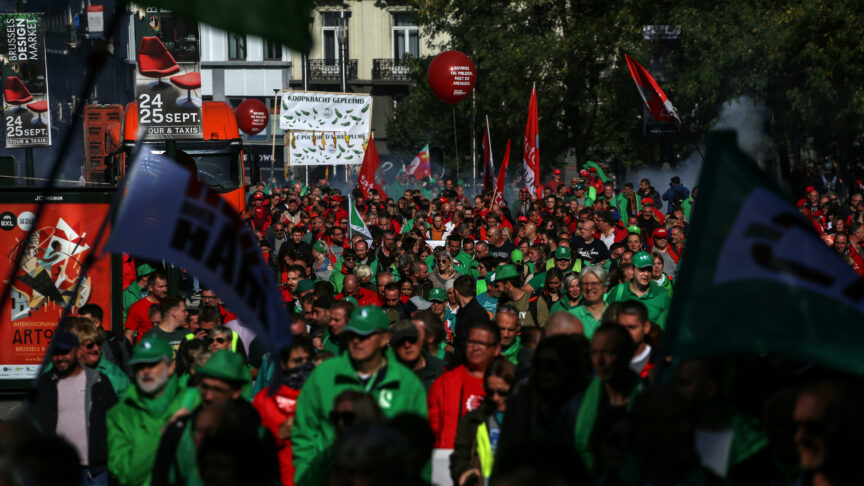
Member states’ reactions to the energy crisis could endanger European unity. A mature political response would help the bloc stay united through the coming winter
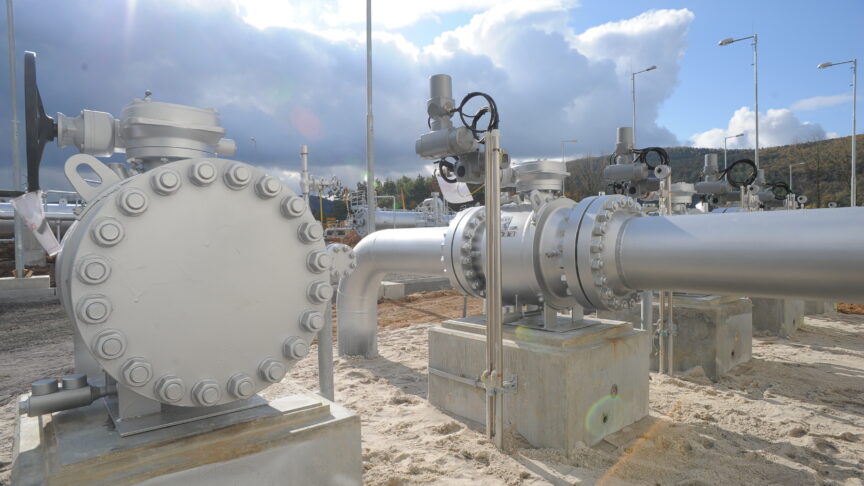
Europeans are understandably eager to cut off all channels of Russian influence over their continent, especially in energy. But this interdependence has also allowed them to push back against Russian aggression
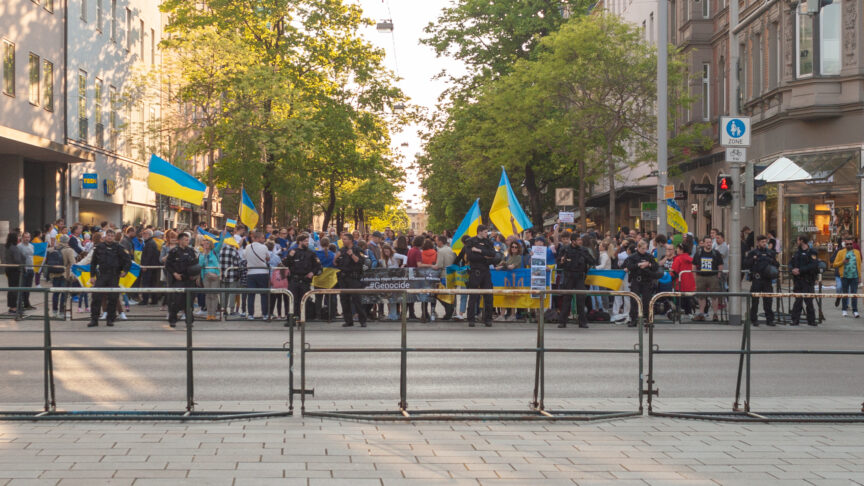
The holiday period could erode public interest in Ukraine. Europeans should recognise that their attitudes towards Russia’s war on the country have consequences
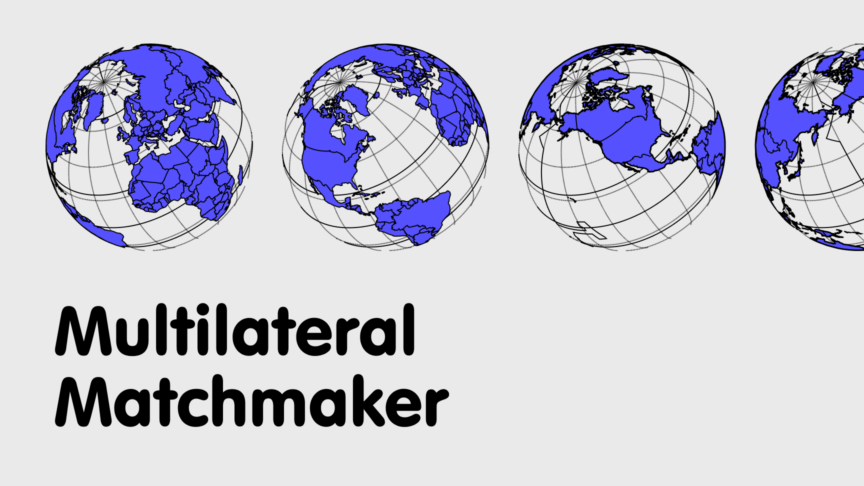
Multilateral coalitions are increasingly important for combatting global challenges. Europeans have many eligible – and untapped – potential partner countries, but to stand out they need to ensure their offer is as grounded in these partners’ interests as their own
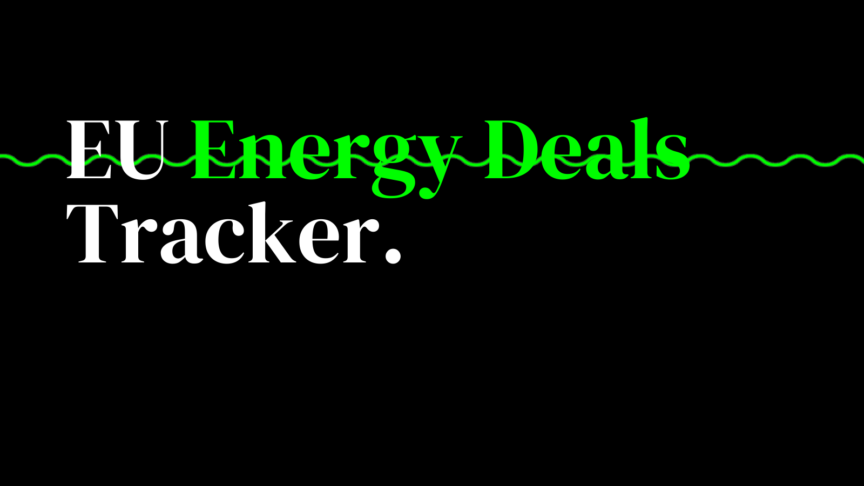
The energy deals the EU and its member states are now making with third countries will shape Europeans’ ability to protect their energy security in the long term. The EU Energy Deals Tracker provides a comprehensive overview of these agreements, including their implications for the sustainable transition

The EU can overcome the new challenges it faces and can shape the global order. To achieve this, Europeans will need to improve their joint capacity to act

In the wake of pandemic and war, the Sentiment Compass assesses the changing expectations of the EU across its member states. It finds that EU should harness the power of culture and the free media to nurture a stronger European sentiment – helping it to address the major challenges facing the continent
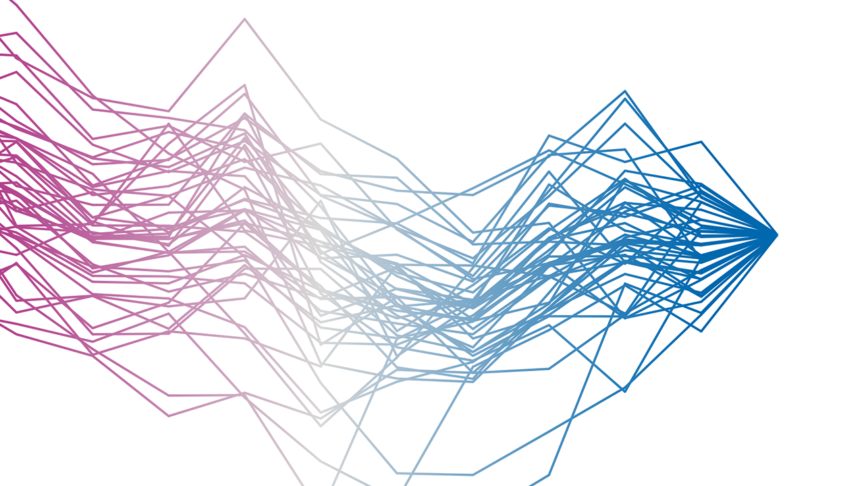
European cohesion is bouncing back after crisis years. The EU Cohesion Monitor presents new insights on cohesion as an underestimated source of strength and collective action in the EU
The Coalition Explorer illustrates the expert opinions of more than 800 respondents who work on European policy and creates a visual understanding of the views held by Europe’s professional political class
The European Solidarity Tracker collects and displays instances of pan-European solidarity throughout the coronavirus crisis
Summary With anti-Europeans on their way to winning more than one-third of seats in the next European Parliament, the stakes in the May 2019 election…
Great power competition is increasingly shaping Europeans’ security environment, while other security threats are also on the rise, from terrorism and cyber attacks to climate change

Mark Leonard welcomes Jana Puglierin and Pawel Zerka to analyse the results of the latest polling report

How can the EU and member states close the gap between ambition and capability in their quest for European sovereignty?

What is coercive engineered migration? And what would be the best way for the EU to respond to Minsk’s tactics?
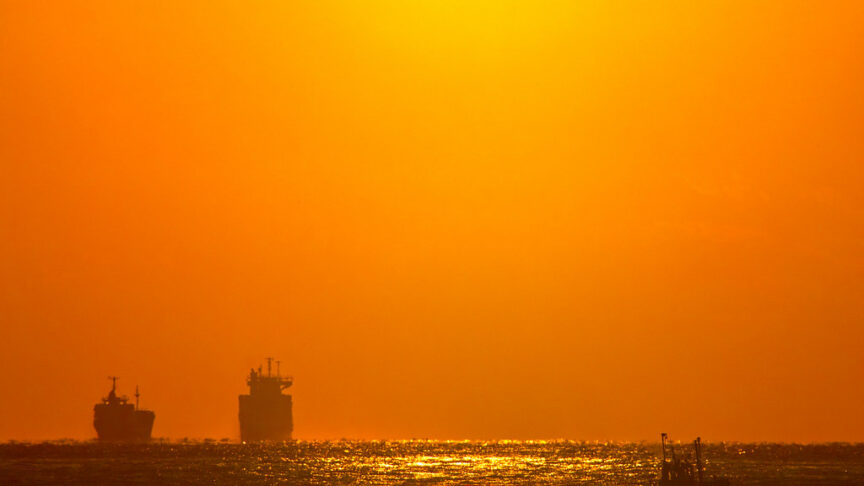
In what circumstances should an Anti-Coercion Tool be triggered? What kind of countermeasures could protect Europe, keep markets open and support a functional global trade order?
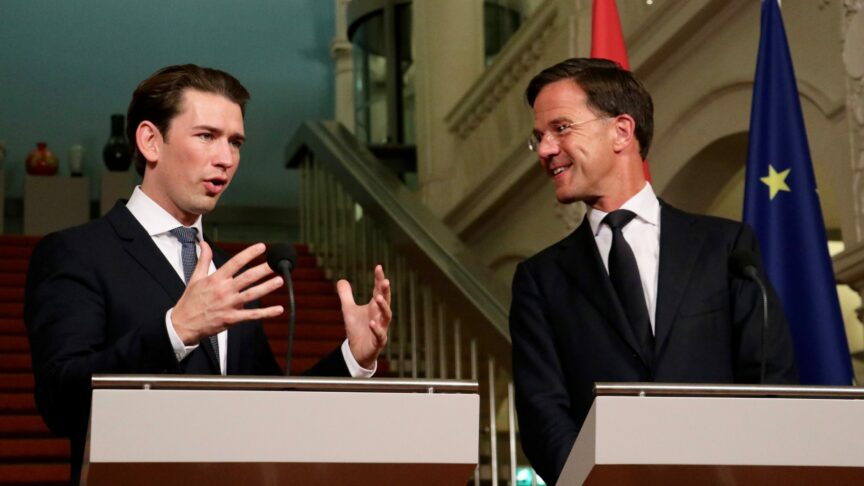
The geopolitical grouping known as the “frugal four” — Austria, Denmark, Sweden and the Netherlands — has emerged as a key power centre in this year’s negotiations over the EU’s next budget and the covid-19 recovery fund. Does “frugality” actually reflect the public sentiment in those countries?
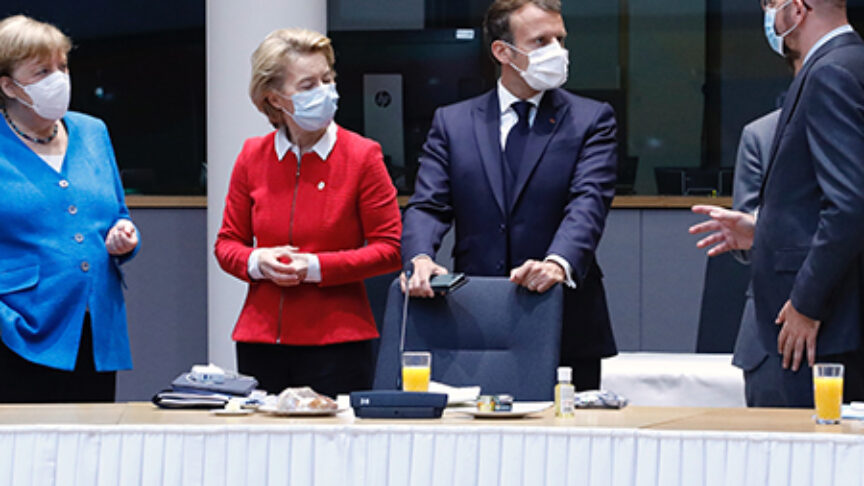
In this week’s episode, Mark Leonard presents the new and third edition of ECFR´s Coalition explorer, which also included special questions regarding the impact of…
Recently declared a global pandemic, it is undeniable that the coronavirus will be a global political, social, financial and economic crisis – requiring actions that…
Negotiations over the Multiannual Financial Framework (MFF) for 2021 – 2027 just have started. But as tensions and divergences between the EU member states are…
This week, Ulrike Franke is filling in for the regular host Mark Leonard to discuss the stories behind the media headlines in the aftermath of…
Podcast de notre BCM du 28 mai « Ce que veulent les citoyens européens : un bilan des élections européennes » en présence…
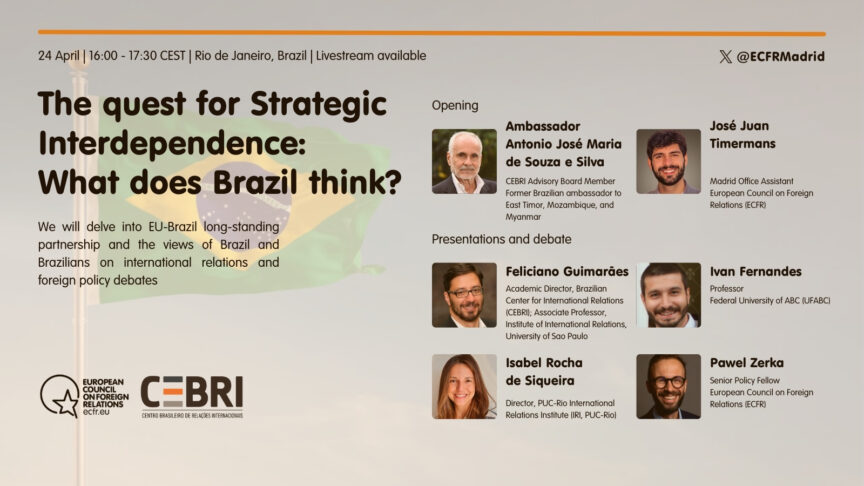
This event will delve into EU-Brazil long-standing partnership and the views of Brazil and Brazilians on international relations and foreign policy debates
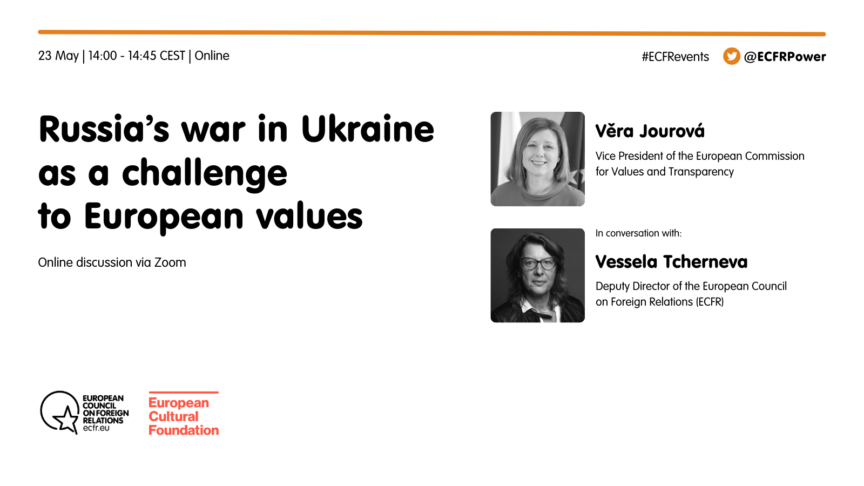
“When Russia invaded, it wasn’t just Ukraine being tested”, President Joe Biden declared during his visit to Warsaw in February. He was right in recognising…
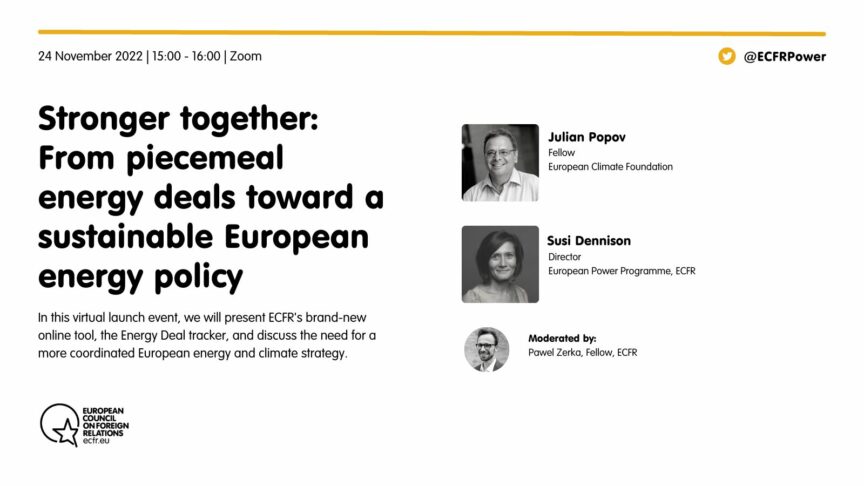
In this virtual launch event, we will present ECFR’s brand-new online tool, the Energy Deal tracker, and discuss the need for a more coordinated European energy and climate strategy

The European Council on Foreign Relations, the European Cultural Foundation and Le Grand Continent are delighted to invite you to a panel discussion dedicated to the key political dilemmas that the EU is facing in the wake of the covid-19 pandemic and Russia’s war in Ukraine
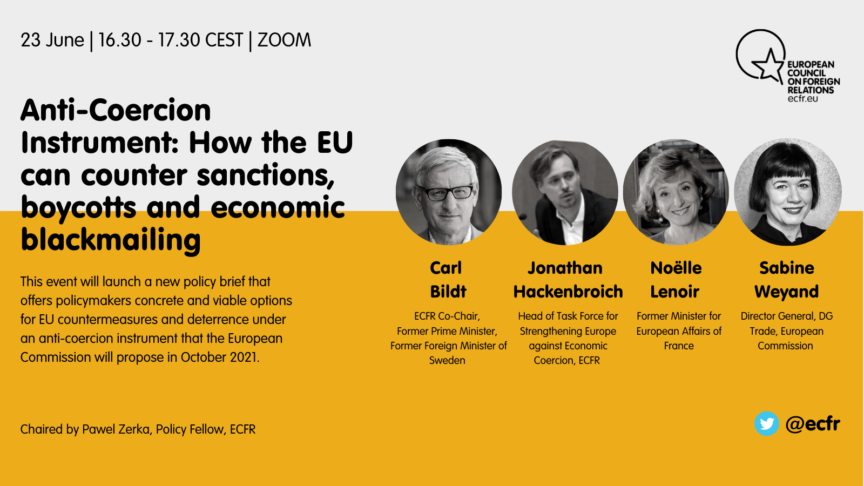
This event is the second webinar in a two-part series on current developments in the global use of economic coercion
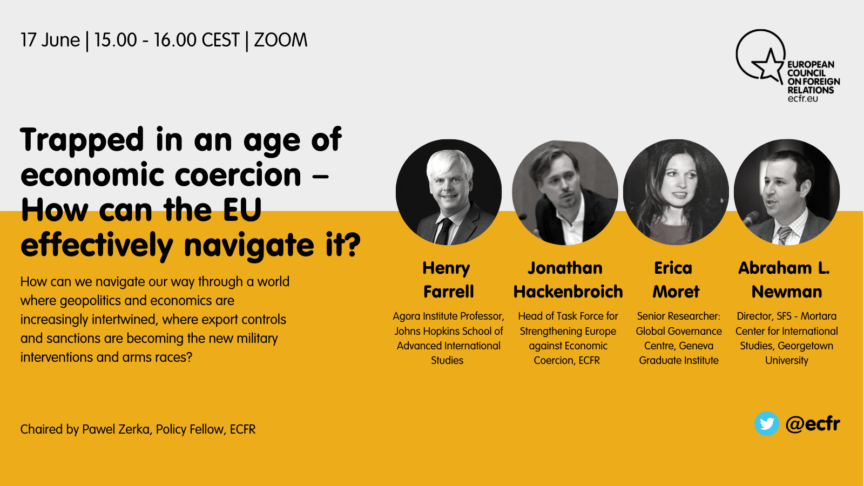
This event is the first webinar in a two-part series on current developments in the global use of economic coercion
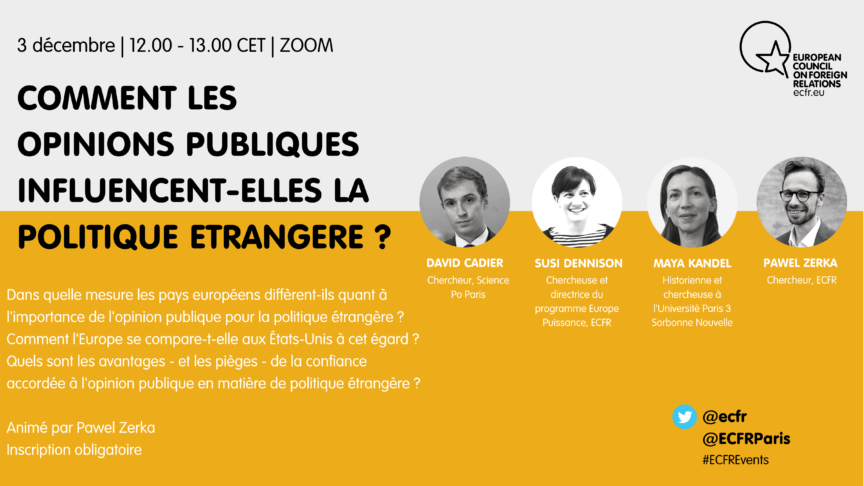
L’ECFR a le plaisir de vous inviter à une discussion virtuelle sur l’opinion publique et la politique étrangère